Ever started crying at the thought of a food you tell yourself you “can’t” eat? Or even just felt some grief or sadness over it?
Some version of this happens to most people at some point when they’re managing their eating.
If it’s happened to you, and you’re wondering if it’s normal or if you’re crazy: Yes, it’s normal, and no, you aren’t crazy.
Eating food is an emotional experience for most people.
Next to physical intimacy, it’s the most intimate thing you do with your body.
On the Code Red Lifestyle™ we transition to seeing food as fuel, but that doesn’t always mean the emotions you feel around certain foods just disappear.
Maybe you grew up with parents who rewarded you with food for good grades or other “good behavior.” Or they did it to help you feel better if something difficult happened.
Maybe food was withheld as a punishment. Maybe it was in short supply, and you’re scared not to have “enough” of it.
Maybe food was how special people in your life showed love, like your mom or grandma baking your favorite dessert just for you.
We also have the chemically addictive nature of sugar and processed foods to contend with.
When you get in a pattern of “needing” a dopamine hit from your favorite sugary treat or processed snack, the downward spiral when dopamine wears off results in a huge let-down feeling. So you wanna eat that treat again to feel that euphoria again. It’s a slippery slope into addiction.
When you’re dealing with missing foods you tell yourself you “can’t” eat, here are three tips to help you come out the other side without going off the rails.
#1 – Let yourself feel your feelings.
A LOT of people in today’s world are caught in a destructive pattern of suppressing their emotions, either with will, or by numbing them with food, alcohol, TV, social media, or other escapist behaviors.
Don’t do that. Let yourself feel your feelings. It’s not comfortable, but neither is being obese, sick, and miserable.
Besides, trying to stuff your emotions down is like trying to hold a balloon underwater. It’s exhausting, and the balloon doesn’t actually go anywhere.
Suppressing your emotions also robs you of willpower you could use to stay on track.
#2 – Find other ways to meet your needs.
Food is not the only way to feel better. When you feel cravings, go on a walk. Call a friend or loved one. Dive into a hobby or skill you enjoy. Take a bath or get a massage.
Support someone else instead of staying hyper-focused on your struggles.
Journal your feelings out so they don’t fester inside you. Listen to music you love. Read a book.
There’s a TON of ways to feel good without needing food. Write some of your favorites down, put them on a list, and carry it with you so you can turn to it whenever you feel the urge to eat even though it’s not meal time.
#3 – Stop telling yourself you “can’t” eat certain foods.
You can eat whatever the heck you want.
You have DECIDED not to eat certain foods right now because they stop you from reaching your goal.
Ditch the “I can’t eat that” bullcrap victim mindset and start repeating, “I CAN have that, but I’m choosing not to eat it.”
In fact, say that sentence out loud right now. Feels a lot better than “I can’t eat that,” doesn’t it?
Emotional attachment to food is something most of us have. When you manage your eating, and find yourself missing certain foods, it’s totally normal.
Recognize that what you’re probably missing isn’t the food, so much as it is the feeling, experience, or connection you got when the food was present (or from eating it).
You don’t NEED food to get that same feeling, experience, or connection. You can go about it a different way – a way that won’t lead to guilt, shame, and derailing your progress.
For strategies to help you understand and overcome your self-sabotage, click here to check out What’s Eating You?

